Christianity
Events
-
-
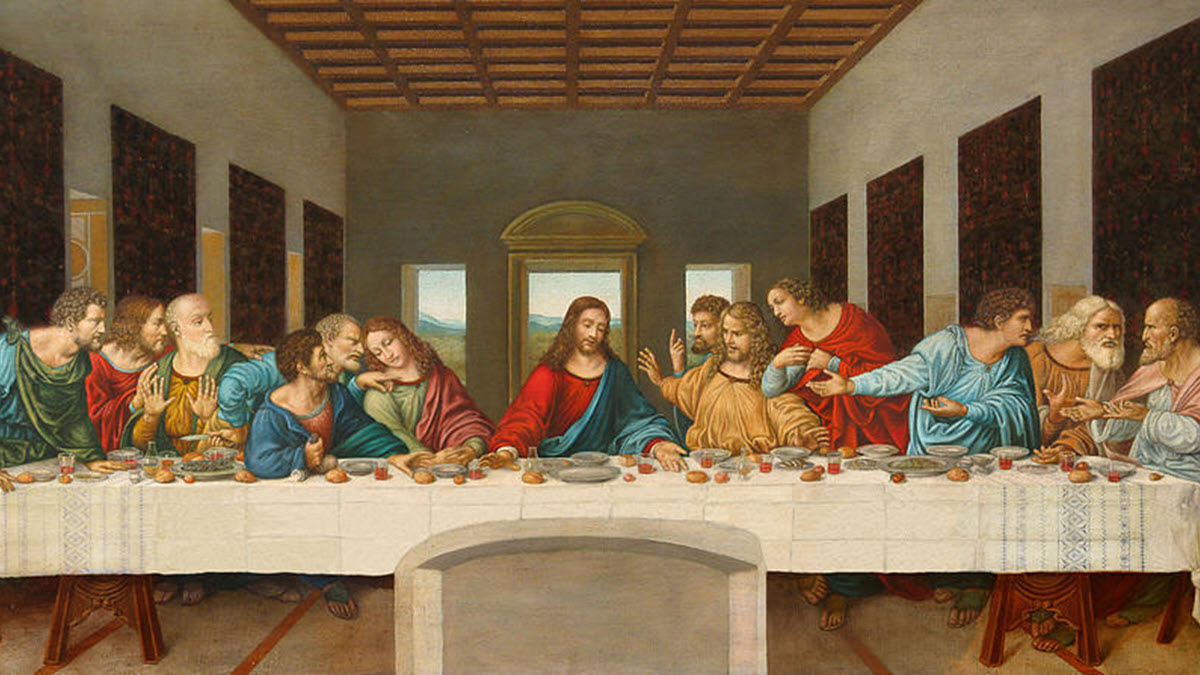
Maundy Thursday
Maundy Thursday, also known as Holy Thursday, is a significant day in the Christian liturgical calendar, commemorating the events of the evening before Jesus's crucifixion. It is part of Holy Week and marks the institution of the Eucharist, the Last Supper, and Jesus’s act of washing His disciples’ feet.
-

Good Friday
Good Friday is a significant day in the Christian calendar, commemorating the crucifixion and death of Jesus Christ. It is observed during Holy Week on the Friday before Easter Sunday and is a solemn day of reflection and prayer for Christians worldwide.
-

Family Day (South Africa)
Family Day in South Africa evolved from the Christian holiday of Easter Monday. Renamed in 1995, it now highlights the universal importance of family unity and togetherness, while still remaining part of the Easter holiday period.
-
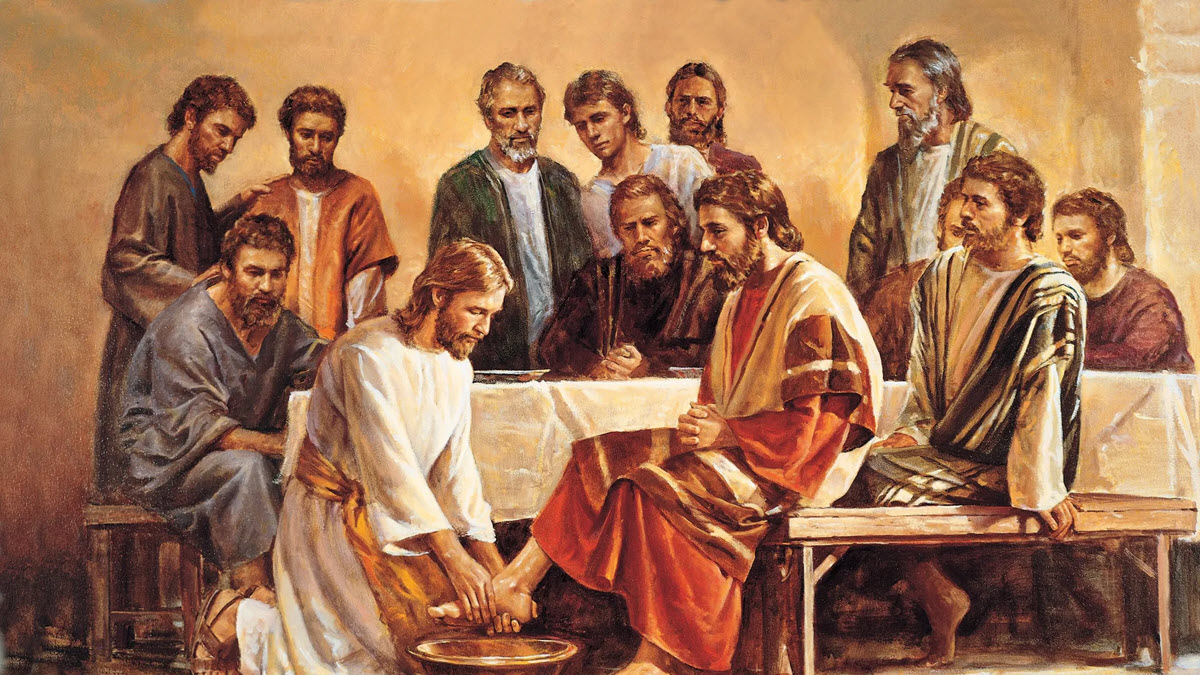
Orthodox Maundy Thursday
Orthodox Maundy Thursday, also known as Great and Holy Thursday, is one of the most important days in the Eastern Orthodox Church's observance of Holy Week. It commemorates the Last Supper, the institution of the Eucharist, and Jesus’s washing of the disciples’ feet, as well as the betrayal of Jesus by Judas. It serves as a profound moment of reflection on Christ’s humility, love, and sacrifice.
-
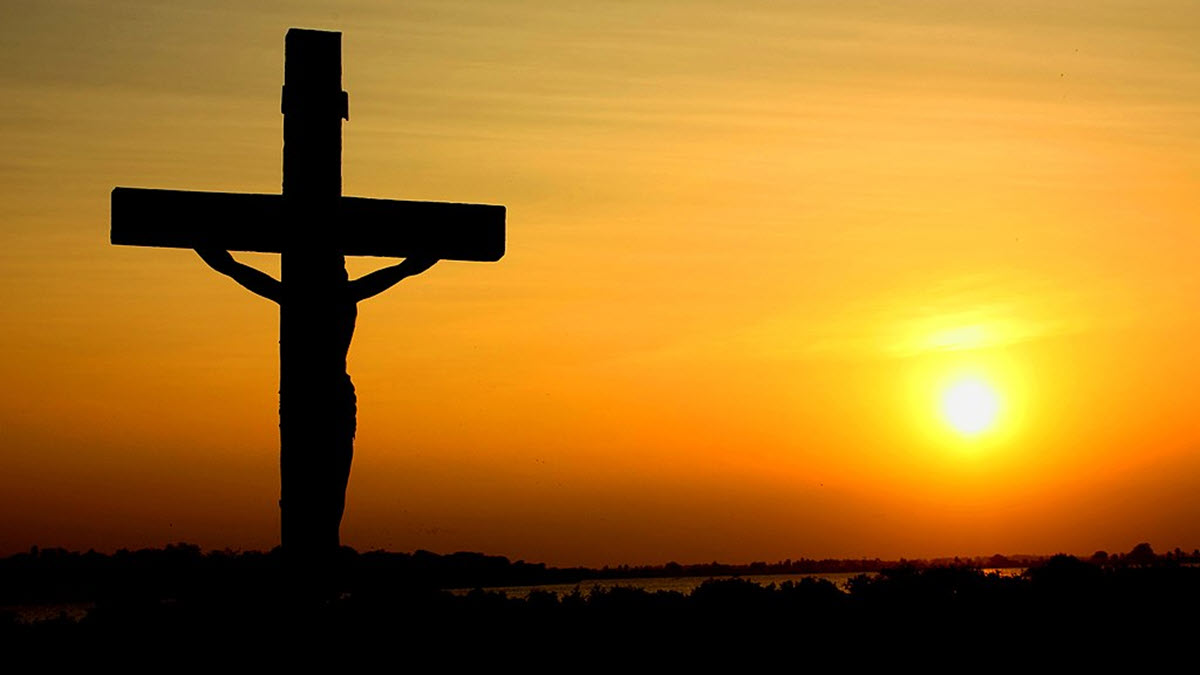
Orthodox Good Friday
Orthodox Good Friday, also known as Great Friday or Holy Friday, is one of the most solemn days in the Eastern Orthodox Church, commemorating the crucifixion and death of Jesus Christ. It is part of the final days of Holy Week, leading up to Orthodox Easter.
-

St. George's Day
St. George’s Day is a Christian feast day celebrated on April 23, in honor of St. George, the patron saint of England, and several other countries and regions.
-
-
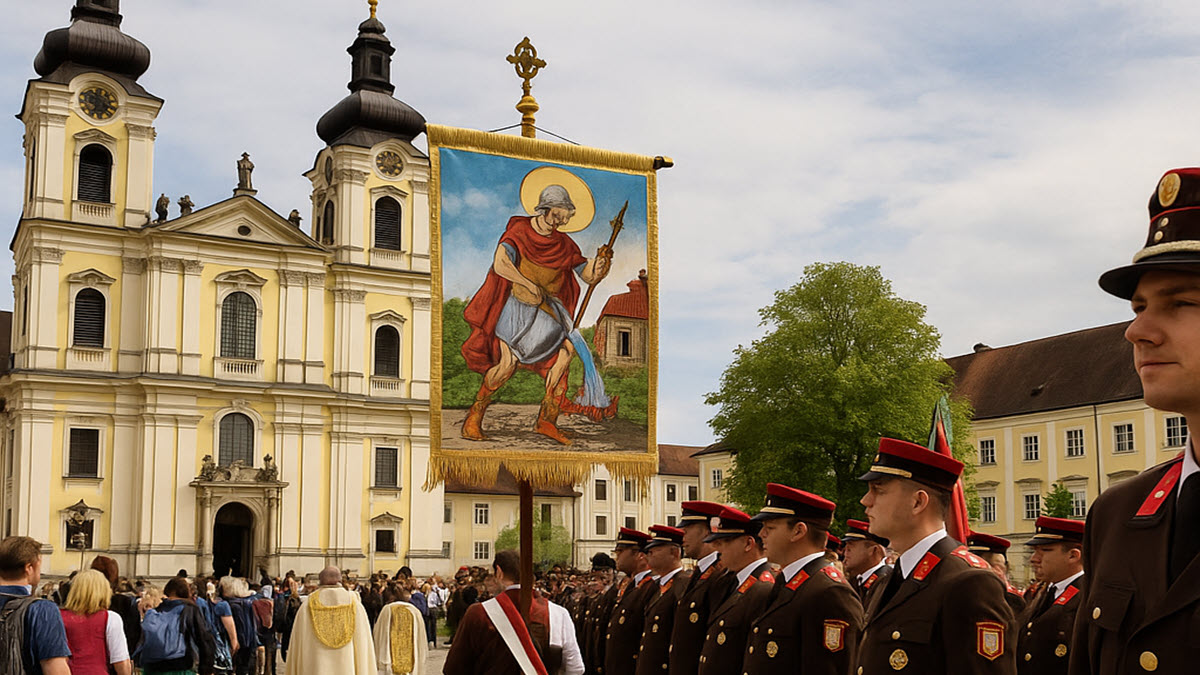
St. Florian's Day
St. Florian’s Day is one of Upper Austria’s most meaningful regional feast days. It honors St. Florian, the patron saint of the region and of firefighters, through religious pilgrimages to St. Florian Monastery, firefighter ceremonies and community festivals, keeping alive traditions that date back to the early Middle Ages.
-
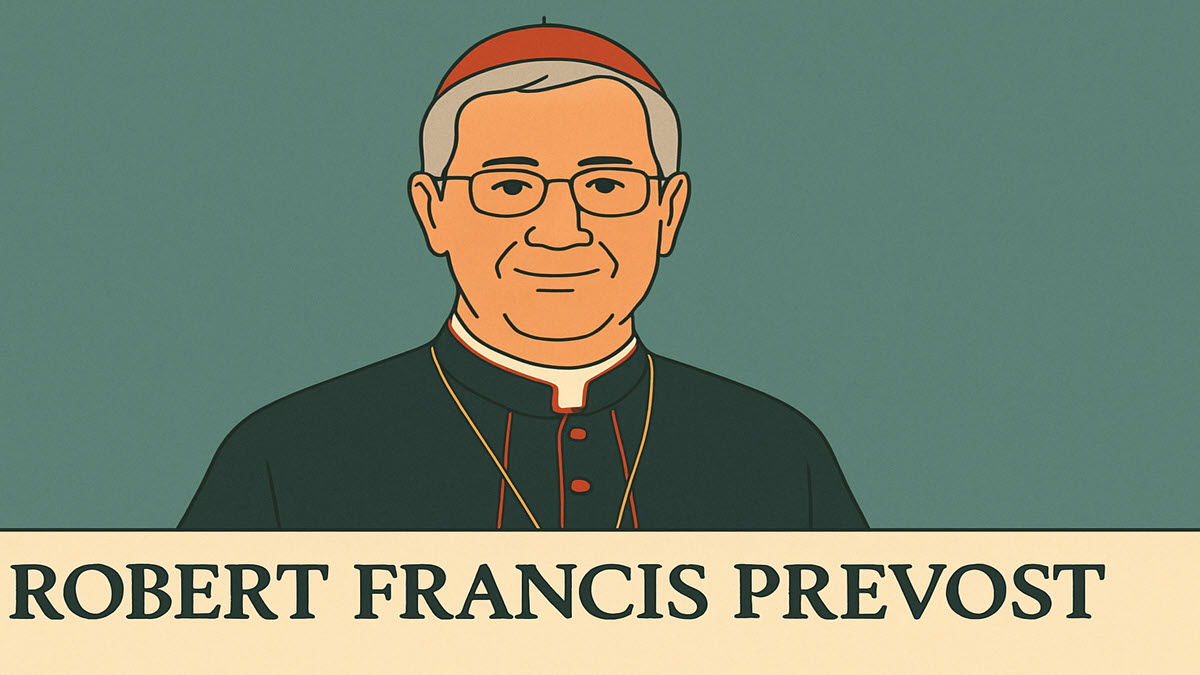
Pope Leo XIV
Pope Leo XIV was elected as the 266th successor to St. Peter on May 8, 2025, following the death of Pope Francis. His election marked a historic moment as he became the first American-born pope and the first member of the Augustinian order to ascend to the papacy.
-
-
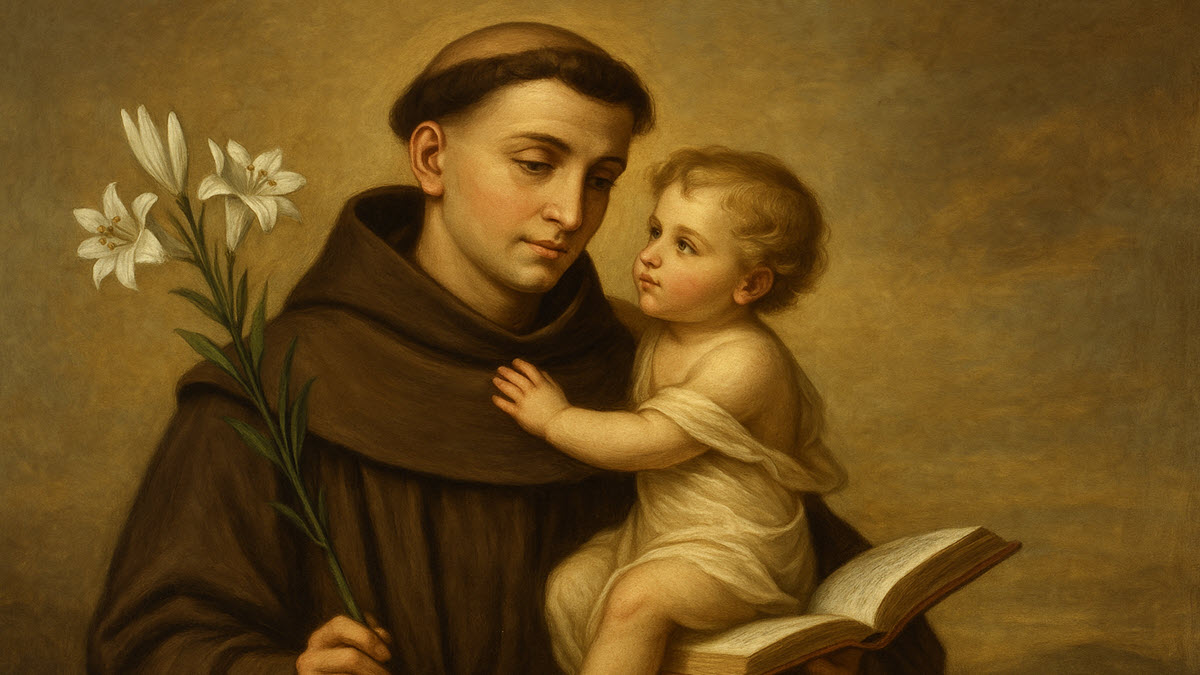
San Antonio
San Antonio commemorates St Anthony's death on June 13, 1231. St. Anthony of Padua (1195–1231) was a brilliant Franciscan preacher and miracle worker, canonized less than a year after his death, he is one of the most loved saints in Spain, Portugal, and the Catholic world, invoked especially as the patron saint of lost things and protector of the poor.
-
-
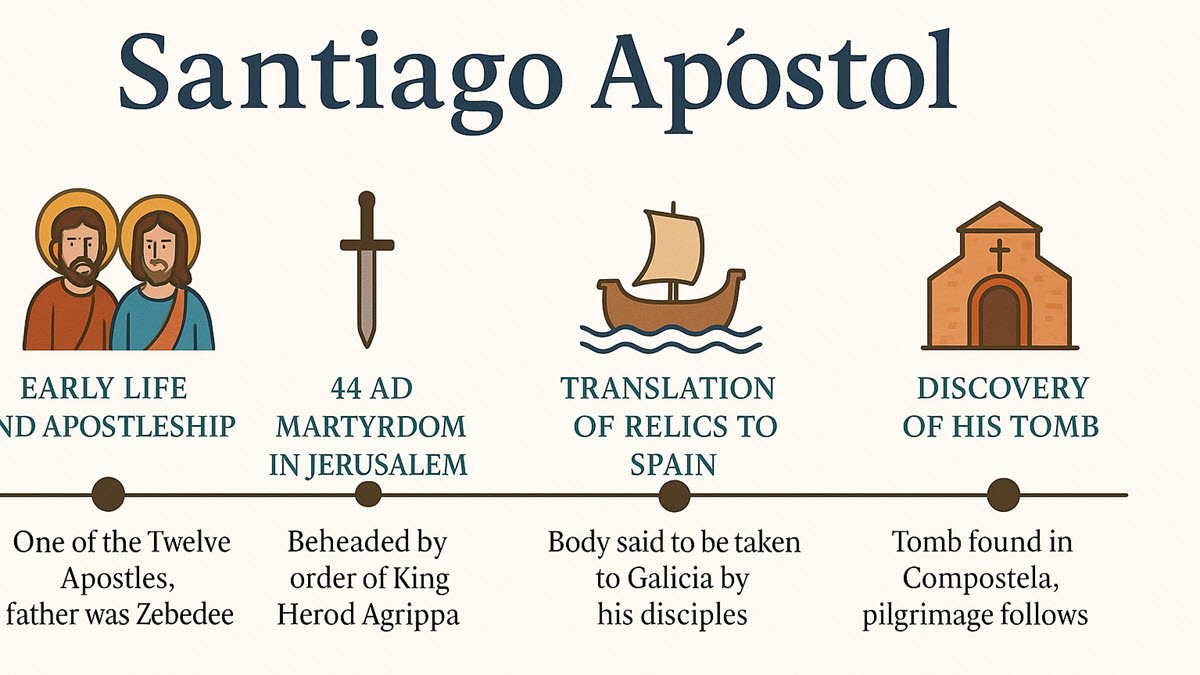
Santiago Apostol
Santiago Apóstol was one of Jesus’s closest disciples and the first apostle to be martyred. His relics, believed to rest in Santiago de Compostela, inspired one of the world’s most important pilgrimage traditions and made him the patron saint of Spain.
-
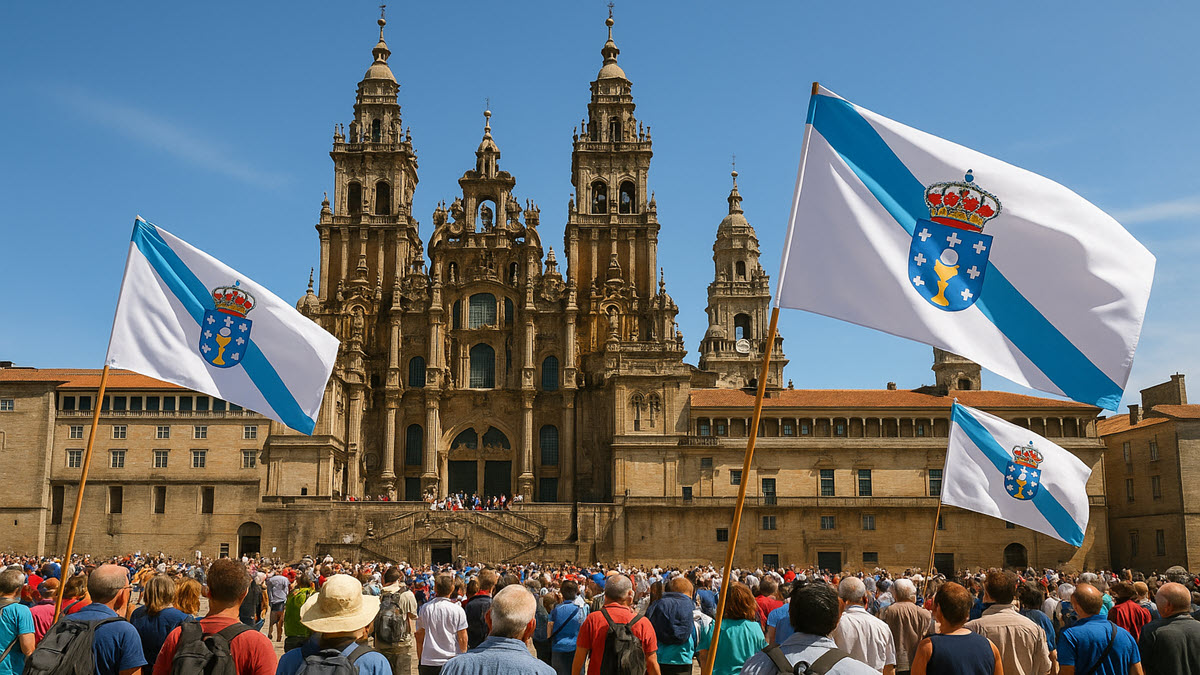
Day of Galicia
The Day of Galicia on is a religious festival honoring Saint James and a national holiday celebrating Galician identity, culture, and language. Born in 1919 as a nationalist movement, suppressed under Franco, and revived after democracy, it remains Galicia’s most important civic and cultural celebration.
-
-
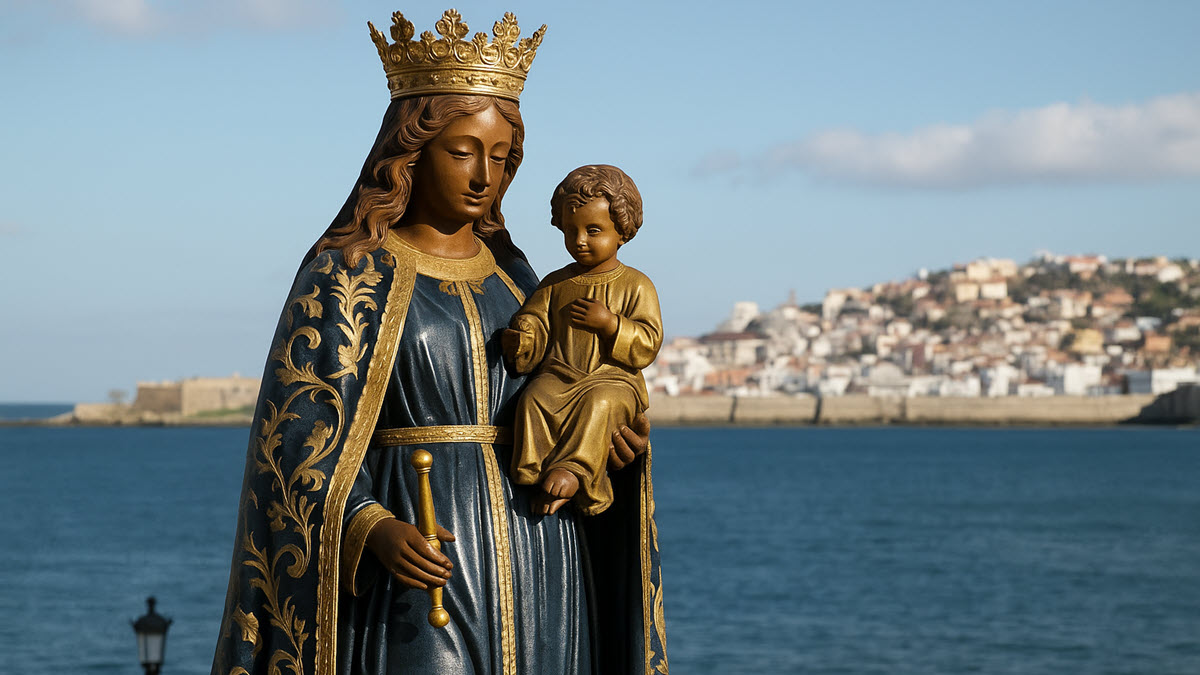
Our Lady of Africa
Our Lady of Africa in Spain refers to the Patroness of Ceuta, venerated since the 15th century. Her shrine and image remain central to the city’s identity, and her annual feast is one of Ceuta’s most important celebrations, blending faith, history, and culture.